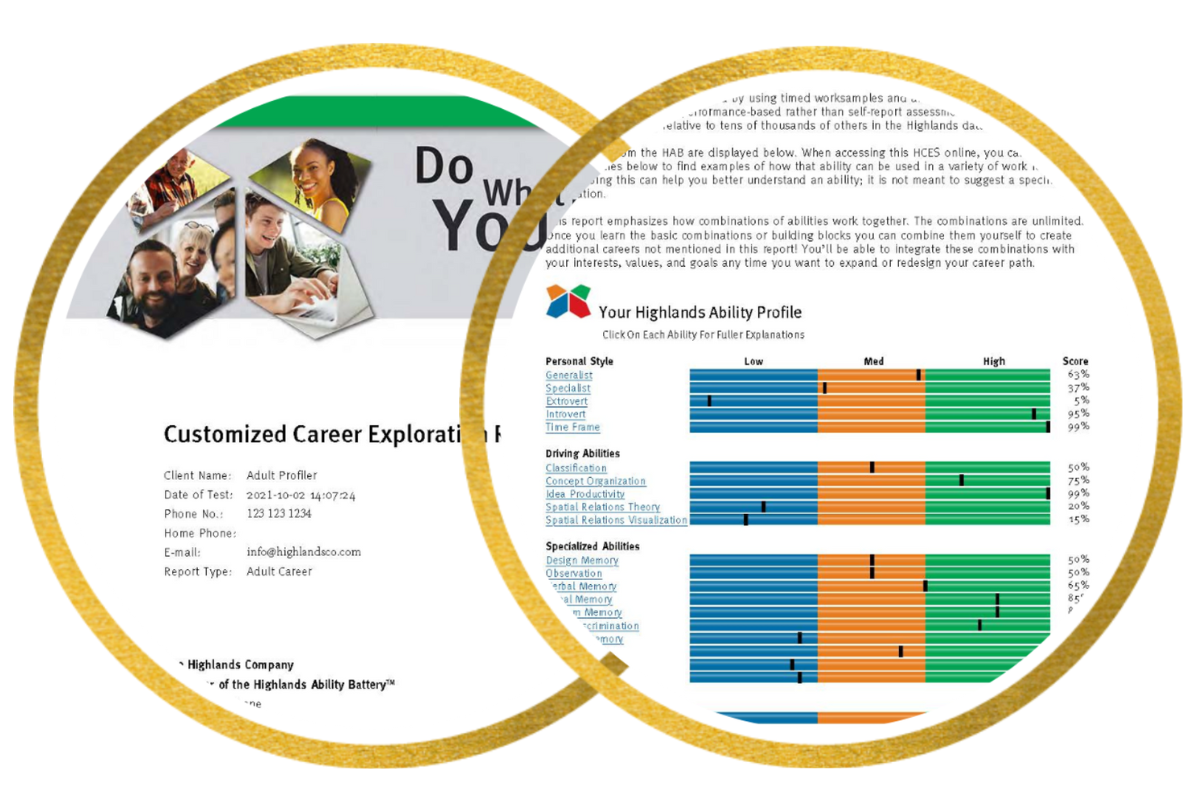This article is one of a series to consider personality.
There are many ways to describe personality and one of the key areas is the Extraversion-Introversion continuum. A common view is that an Extrovert is someone outgoing, and an introvert is shy. But there is far more to these terms than this simple difference.
Very few of us act in one way, or the other in every situation. Things depend.
“There is no such thing as a pure introvert or extrovert. Such a person would be in the lunatic asylum”. Carl Jung
Do a simple personality assessment and you may feel you are forced into one particular area. People now start to talk about Ambivert – someone who shares some of the characteristics of both.
To understand more let’s look at five aspects of this scale.
1: One aspect of personality is around how we behave in new social situations.
For some people this is easy, they want to get to know other people and find it easy to start conversations. People will often see them as a facilitator as they introduce people to others.
Others find it more challenging, they are more likely to wait to be approached by others who will often see them as quiet and shy. Unlike more extraverted people they prefer in-depth conversations with just one person and find it easiest to relate to people they know well. In the workplace they tend to prefer to make phone calls when other people can’t listen in. they also like to focus on their work and don’t want to have interruptions.
If you are more introverted you are much happier when you can focus on a task rather than spend a long time on introductions, but it is through the pleasantries at the beginning that our work can be more effective.
If you are more extraverted you can help by introducing people and making sure that everyone feels involved and has a chance to contribute.
I find that people will think I’m extraverted and I can certainly sparkle in a group setting if I choose to but it’s often at personal cost and I get very drained. One way it works for me is to arrive late and leave early. Or to have a specific role. In my personal life I’m much happier hosting a party than being a guest.
2: Another aspect is how easy do you find it to be open with others?
The more extraverted person can talk a lot and is seen as easy to get to know. People see them as warm and outgoing and they find it easy to share personal information. Sometimes these people may wish they had kept some things to themselves as they may over share and say things that they wish they had kept to themselves. But it can be beneficial, by sharing some personal information it can encourage other people to also share which can help to build relationships.
The other way is to be more contained and to keep feelings and interests to yourself. This can mean that you can be seen as hard to get to know, perhaps you think that other people won’t be interested in what you have to say. When you have a problem to work through you are likely to do this alone and this can mean that you miss out on help that others could provide. This does mean though that whenever you do speak out it will make an impact.
If we are more introverted we need to ensure that if we feel deeply about something we speak up and let others know how we feel.
If we are more extraverted we need to make sure not to over share, it depends on the circumstances and the people we are with.
3: People differ in the extent they want to be part of groups.
The more gregarious person seeks to spend time with others and is likely to want to avoid spending much time alone. This can lead to them joining a good number of groups and to count many people as friends that others may class as acquaintances. They like to be asked to participate in events and are at ease with many different types of people.
Others would prefer to relate with others on a one to one basis or in a small group, often with people they know well. It’s more about having a deeper involvement than a more superficial one. They need to trust people before sharing.
If we are more introverted we should consider sharing thoughts and ideas with people outside of our closest friendship group particularly if we are making an important decision.
If we are more extraverted we should make sure we talk to the most appropriate people rather than those who are immediately available, and choose the right number of people to talk with.
-
How do you prefer to communicate with others?
Not everyone prefers to talk but the more extraverted person assumes that! They prefer nothing more than talking and doing – they don’t want to read and write but listen and ask questions. They enjoy studying in a group. In work they want meetings, often at short notice.
Those of us who are more introverted prefer to read and prefer to write a response, giving us time to think, rather than getting a bit tongue tied trying to get our point cross. We are less likely to speak up in a meeting but the chances of our participation being increased is to find out in advance what will be discussed, allowing time to prepare.
If we are more introverted we may need to speak to people to have more influence over a decision. A meeting has more impact that written communication. If you are asked for an immediate opinion, in most cases it’s fine to say you want to consider your response and will get back to them.
If we are more extraverted we need to decide if a meeting is really necessary, so think about the personality style of the other person. If you think the other person is more introverted, let them know the subject in advance to give them time to prepare.
Everyone should ideally pay attention to the preferences of the other person, especially when you are trying to influence them.
-
Do you enjoy being in the limelight?
The more extraverted person likes to be where the action is and doesn’t mind being the centre of attention. They are likely to enjoy exciting activities and other people are likely to see them as enthusiastic.
Others can find their input is overlooked as they are more modest and prefer to stay in the background. They prefer quiet rather than being in noisy environments. They can be happy to be quiet, they don’t need to fill the silence. They can have a calming effect on a group.
If we are more introverted other people may not realise we are interested in something so make your enthusiasm a bit more obvious or people will think you are uninterested.
If we are more extraverted we find it easy to be enthusiastic but for some it can be a bit over the top, and we need to be careful not to overwhelm quieter people.
I wanted to share these differences, and as you have looked at these 5 areas you may relate to different sides of the continuum in different circumstances.
As we get older we also find that it is easier to adapt our style to suit circumstances and our goals.
Many of us who are introverted learn that we need to display more extraverted behaviours in the work place – we need to act ‘as if’ we are outgoing and sociable but it can be at personal cost. As we get older we may be happier being the ‘real me’. We can be assertive that this is how we work at our best and let colleagues know how to work best with us. But if we want to influence others we may need to adapt. When we do take time to relax and re-set – quiet time to follow a period of perhaps being more in the limelight.





